diplomacy
[T]he Voice of Libyan Women (VLW), a women’s rights organization focused on peace and security, the tools I use to drive change and create peace are rooted in diplomacy, cooperation, culture, and history. In other words, what some people call “soft power.”
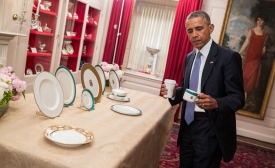
As the field undergoes rapid transformation, what is the value of contemporary diplomacy?
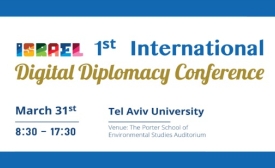
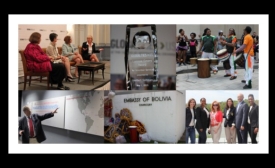
Brazil, because of its largely peaceful history and its geostrategic isolation, has relied far more on soft power (the power of attraction) than on hard power (the power to compel) to advance its global interests. Because of this, Brazil will not be able (nor shows any desire) to compel the incumbent powers to accept the changes it wants in the present international order.
The Foreign Ministry has become just one more office that engages in public diplomacy. This must be frustrating for the idealistic and motivated Foreign Ministry diplomats based in Israel and abroad who chose the diplomatic calling out a desire to serve and defend the state against the propaganda spewed by a host of countries, non-state actors, terrorist groups, Islamists, and BDS activists. These are people who received training in the art of diplomacy and are therefore the best qualified to take up Israel’s case abroad.
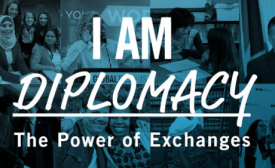
CPD partnered with Global Ties U.S. to offer a special workshop
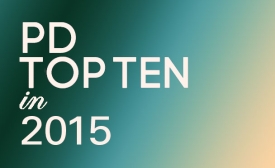
The ten most notable PD moments from 2015.







